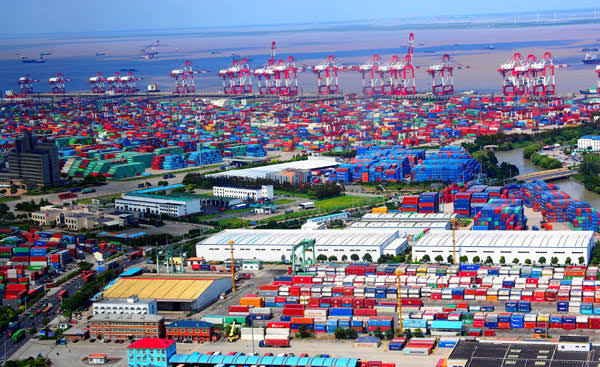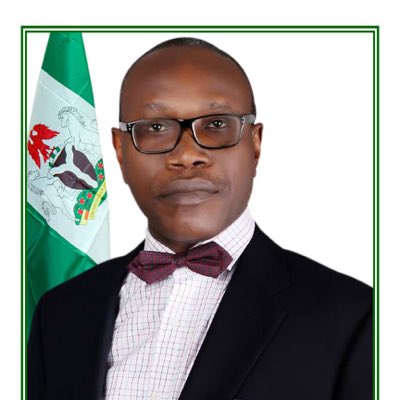Nigeria’s free trade zones (FTZs) have drawn over $300 billion in investments and contributed more than N650 billion to government revenue since their inception, according to the Minister of Trade and Investment, Dr. Jumoke Oduwole.
Speaking at the third Special Economic Zones (SEZ) annual meeting in Lagos, organized by the Nigerian Economic Processing Zones Authority (NEPZA) and the Oil and Gas Free Zones Authority (OGFZA), Oduwole noted that Africa now has over 200 operating SEZs, with more than 70 additional projects underway. Morocco and Nigeria host the highest number.
She highlighted Morocco’s success in developing SEZs into major hubs for the automotive and aerospace industries, driven by strategic policies and stability. Nigeria, despite its large-scale SEZ projects, has yet to harness its potential fully.
Oduwole stressed that her ministry is working to align fiscal, monetary, and trade policies with agencies like the Federal Inland Revenue Service (FIRS) and the Central Bank of Nigeria (CBN) to ensure SEZs remain competitive.
Taiwo Oyedele, Chairman of the Presidential Committee on Fiscal Policy and Tax Reforms, pointed out that many of Nigeria’s tax laws, including the Free Zone Act of 1992, need updates to reflect current economic realities. While Nigeria boasts a high number of Free Zones, he argued that their true success should be measured by their impact on exports. He noted that Nigeria’s non-oil exports stand at under $5 billion annually, compared to Morocco’s $40 billion.
Initially, a tax reform proposal required Free Zone businesses exporting 25 percent of their products into Nigeria to pay taxes on those sales. Following stakeholder consultations, the revised proposal allows 100 percent export-oriented Free Zone companies to remain tax-exempt, while those selling in Nigeria will be taxed proportionally.
Oyedele also addressed global tax compliance, noting that multinational firms operating in Nigeria must pay a minimum 15 percent tax either locally or in their home country. Allowing Free Zone firms to sell tax-free in Nigeria, he warned, could create an uneven playing field for businesses outside the zones and impact government revenue
Lagos State Governor Babajide Sanwo-Olu called for better infrastructure, improved investor financing, and streamlined regulations to ensure SEZ policies remain competitive. He emphasized that SEZs are vital for driving industrialization, attracting foreign direct investment (FDI), fostering innovation, and creating jobs.
Bamanga Jada, Managing Director of OGFZA, cited World Bank projections indicating Nigeria’s economic growth could rise from 3.3 percent in 2024 to 3.6 percent in 2025, presenting new investment opportunities.
To support this, OGFZA is partnering with investors to establish a Compressed Natural Gas (CNG) conversion center in Onne/Ikpokiri, aiming to cut logistics costs by up to 70 percent while promoting cleaner energy. Additionally, OGFZA is facilitating the development of Liquefied Petroleum Gas (LPG) plants in Onne and Liberty Free Zones, with a combined storage capacity of 70,000 metric tons.
As Nigeria navigates the evolving global economy, stakeholders stress the need for effective policies that enhance investor confidence and align with regional trade agreements such as the African Continental Free Trade Area (AfCFTA).









